Posted on 11/19/2024
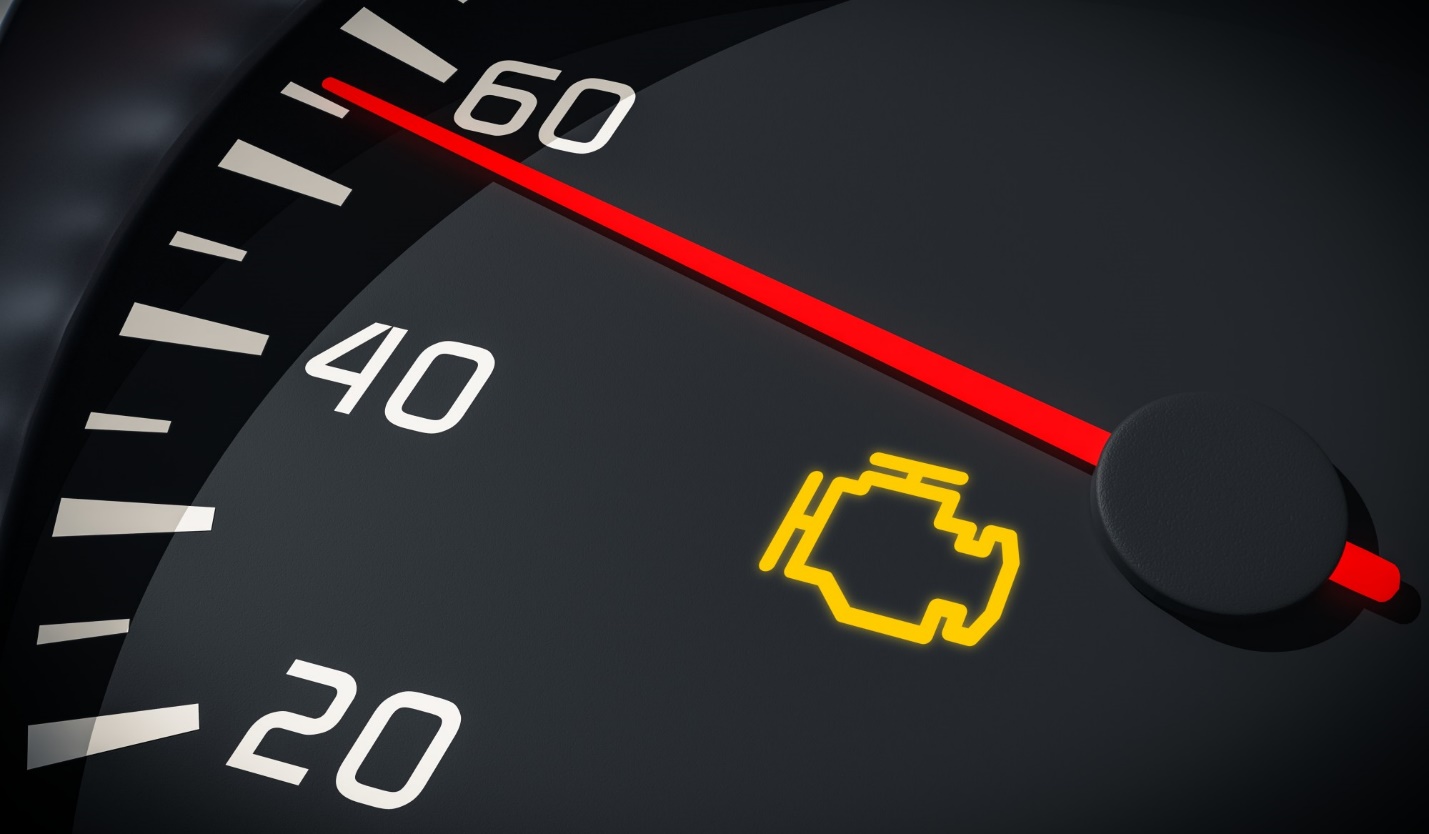
What Do I Do About Dash Warning Lights? Red lights, yellow lights, green lights oh my! Is your dash light up with funny little symbols? Do you know what they mean and what to do about them when they come on? Vehicle manufacturers have primarily gone to symbols to bring your attention to potential problem areas and to communicate information in a universal way. There are some differences between manufacturer to manufacturer. Let’s explore what the lights mean and what to do when they come on. Color of the symbols The color of the symbols quickly communicates urgency. Solid on lights or flashing lights also communicate a level of urgency. RED - Red lights indicate the highest priority areas of concern. They identify systems that could leave you stranded on the side of the road or for major safety concerns. Do not ignore red warning lights! Contact your trusted service provider and have red lights looked at right away. Do not drive the vehicle until after you have it ins ... read more
Posted on 10/3/2024
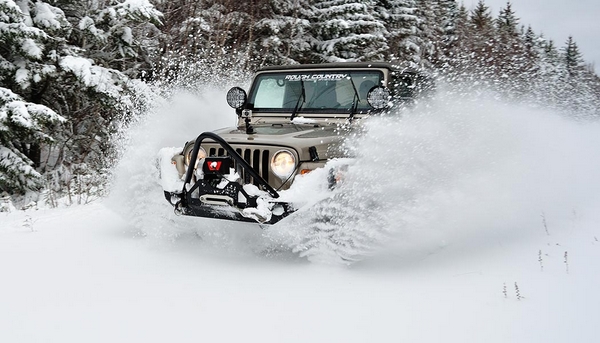
Is Your Vehicle Ready for the Winter Season? Welcome to fall! Cooler weather, changing leaves, camping, and campfires. In my opinion, the best season of the year! The sad truth is winter is just around the corner. Are you ready? Is your vehicle ready? Let’s explore what you need to know about getting your vehicle ready for colder weather. There are four main areas of your vehicle that need to be evaluated and prepared for winter. Traction, Vehicle Operation, Vehicle Maintenance, and Emergency Preparedness. Each area has specific items that need to be checked before the weather turns frigid outside. Let’s check them out and see if you are ready for the big chill. Traction More than just tires, traction refers to total vehicle control. Accelerating, stopping, and steering are all very important in maintaining vehicle control. Remaining in control of the vehicle is key to preventing crashes and keeping your family safe. Brakes, Traction Control, and Stability Control ... read more
Posted on 9/2/2024

The Hidden Truth About Vehicle Extended Warranties and Service Contracts As vehicles have become more complex and expensive, many consumers have invested in extended warranties or service contracts as a way of managing out-of-pocket repair costs. It sounds like a simple and easy solution, but not all extended warranties or service contracts are the same. It really comes down to the details of the warranty itself. Many car companies offer warranties to customers when they purchase new or used vehicles. New vehicle warranties are backed by the vehicle manufacturers. For instance, a 2024 Jeep Wrangler comes with a basic warranty coverage for the complete vehicle of 3 years or 36,000 miles. The emission system is covered for 2 years or 24,000 miles; 3 years unlimited miles for body corrosion; and 5 years or 60,000 miles, whichever comes first, for the powertrain (engine and transmission). All these stated warranties are backed or covered by FCA US (Mopar). GM, Ford, Toyota, and other vehi ... read more
Posted on 8/30/2024
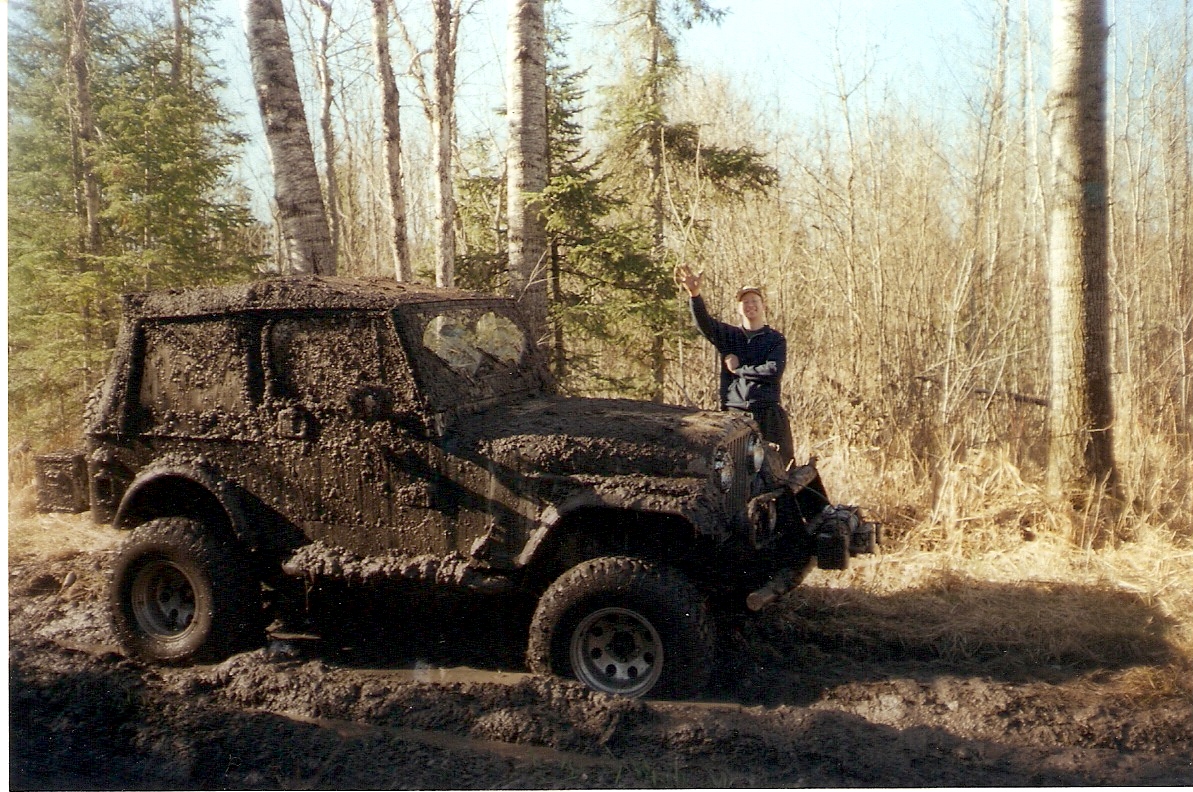
Welcome to the Sanderson Auto Repair Off-Road BLOG! This fun new BLOG will focus on all aspects of the off-road industry. Including trail riding, exploring, trail repair, vehicle building, trail recovery, and general outdoor fun. Along the way I will share hard earned knowledge and maybe tell some stories for your enjoyment. Follow along as we delve into the world of off-road adventuring. The Most Profound Off-Road Vehicle Modification! What does this title make you think of? Maybe some big tires or a lift kit? How about a winch, or lockers, big bumpers, lights, seats, recovery gear, or a buddy with a tow rope? Nope, none of the above! The most profound improvement you can make to your vehicle when you go off road is lowering your tire pressure! Really?! Yes, it sounds simple and way too cheap but it’s true! The difference between tires at street pressure, 35 PSI and up, and trail pressures, 15 PSI and down, is dramatic. Check out the key reasons why it is so important. Pros of ... read more
Posted on 7/31/2024
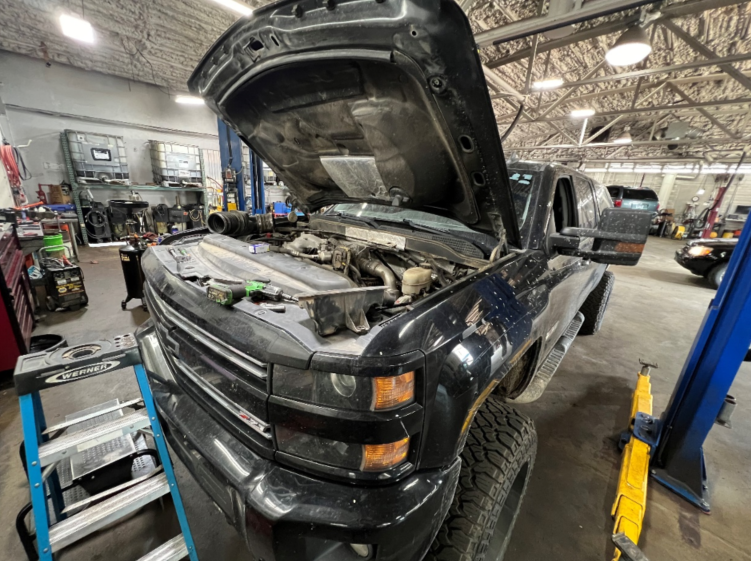
Why are car repairs so expensive? It’s because we all want to get rich and retire in the Caribbean at the age of 40. That may be the perception, but the reality is we’re still working, most of us are over 40, and helping people is better than hiding on a beach somewhere. There are many factors that contribute to the cost of automotive repair. Let’s open the shop door and explore what it takes to keep your vehicle properly maintained and see what goes into that expense. Vehicle Costs: As we are all aware, the cost of purchasing a vehicle has skyrocketed over the last 20 years. New vehicles can cost more than a starter house in today’s market. For example, a Chevrolet Suburban, which first débuted in 1935, originally cost $675 new. Now a well-appointed Chevrolet Suburban can cost almost $85,000. Vehicle manufacturers have made many changes and improvements over time. Today’s vehicles are more reliable, safer, comfortable, quiet, connected, an ... read more
Posted on 7/2/2024

My car left me stranded! What to do during road trip breakdowns. The family is all loaded up in your chariot of freedom, ready to embark into the great unknown! You have been looking forward to this moment all year. Time for your family vacation. The kids are excited and bubbling with nervous energy. You are mostly on schedule and hit the road. Everyone is happy! Fast forward to three hours down the road… You are traveling through the big city. There is traffic surrounding you on every side. Suddenly, your car makes an unusual banging noise! Then, the dash lights come on, and the engine starts to lose power. You make your way over to the side of the road. Cars are whizzing past you. The kids are scared, and you are getting “the look” from your significant other. Or, instead of the big city, you are traveling through the vast openness of our great country. The engine temperature suddenly shoots up and steam starts pouring out from under your hood. You pull over to th ... read more
Posted on 6/5/2024
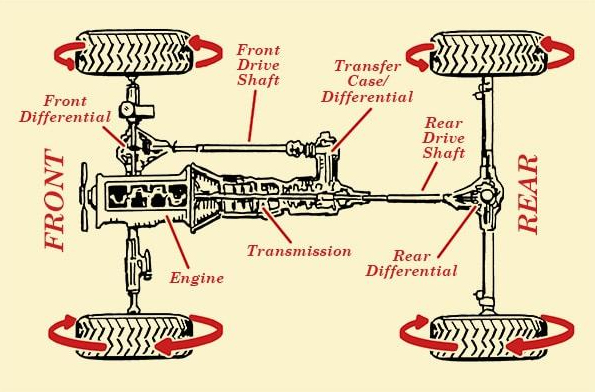
Driveline Service: What's the "diff"erence? Driveline, A.K.A drivetrain, service is easy to overlook. Driveline components are located under your vehicle and are easy to ignore. Making proper inspection and maintenance vital to the reliability and longevity of your vehicle. Failure to maintain these systems can lead to unneeded expense and downtime. The good news is most of these systems will last the life of the vehicle with proper maintenance. You can find the specific maintenance intervals for your vehicle in the owner’s manual. Remember to look at the “Severe Use” maintenance schedule. For more information as to why, see our BLOG from March 2024 “What do I need to know about Interval Service of my vehicle?” Let’s discuss each component and the industry’s best maintenance practices for each. Automatic Transmission: Automatic transmissions can be very costly to repair or replace. Regular maintenance is vital to the long ... read more
Posted on 5/9/2024
There is no way to sugar coat it anymore. Tires are expensive. Sometimes it can be hard to justify purchasing 4 or more new tires at the same time. It can be tempting to “save money” and only purchase tires 2 at a time. Before you head down this road it is important to take into consideration some key reasons why this may not be the best choice for you and your car. In the grand scheme of things, it is usually better to replace all of the tires on the vehicle at the same time. The tires and their traction with the road, are the only thing between you and certain destruction. Taking a moment to consider that will ensure you make the best and safest choice for you and your loved ones. Uniformity. Replacing all the tires ensures uniformity in brand, model, size, age, and tread pattern, which promotes balanced performance across all wheels. In contrast, replacing only a pair of tires can result in mismatched trea ... read more
Posted on 4/2/2024

Car Buying Tips So, you are in the market for a new or “new to you” car. Here are some tips to help you make the best choice for you and your family. With a little preplanning and research, you can find just the right vehicle for your needs without spending too much money. Follow these steps to get the right vehicle for the right price every time. Budget- Before you start looking for a “new” vehicle, determine what budget you will have to work with. Set a realistic number that you can afford. Remember to include tax and titling costs and possible increased insurance costs. Do you have the funds to buy it outright or do you have a down payment or trade-in? A trade-in will decrease your tax requirement, but many dealers will give you less for a trade-in than you could sell it private party for. In some situations, it is safer and easier to just trade it in for your next vehicle and sometimes it is worth the effort to sell your old vehicle yourself. If you ... read more
Posted on 3/3/2024
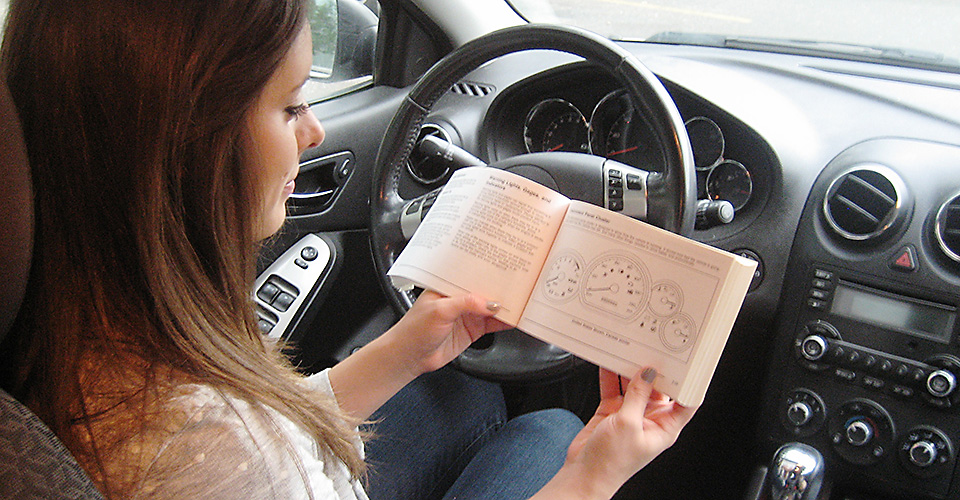
What do I need to know about Interval Service of my vehicle? Interval Service is what vehicle manufacturers call their maintenance schedules for their vehicles. The maintenance schedules are different for every manufacturer and can vary from model to model. The maintenance schedule for your vehicle is in the owner’s manual. I know, who looks at an owner’s manual anyway? Well, if you would like to get the maximum life from your vehicle investment, it would be a good idea. Here are a few key points to know before digging out your seldom/never used owner’s manual. The first thing to determine is how is your vehicle used. Is it considered “normal use” or “severe use”? You might be tempted to say, “I drive my car nice” or “I only drive to the store or work”. I must be a “normal use” driver, right? Most vehicles operated in the United States would be considered “severe use”. Read on to find out why ... read more